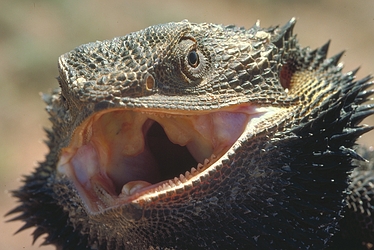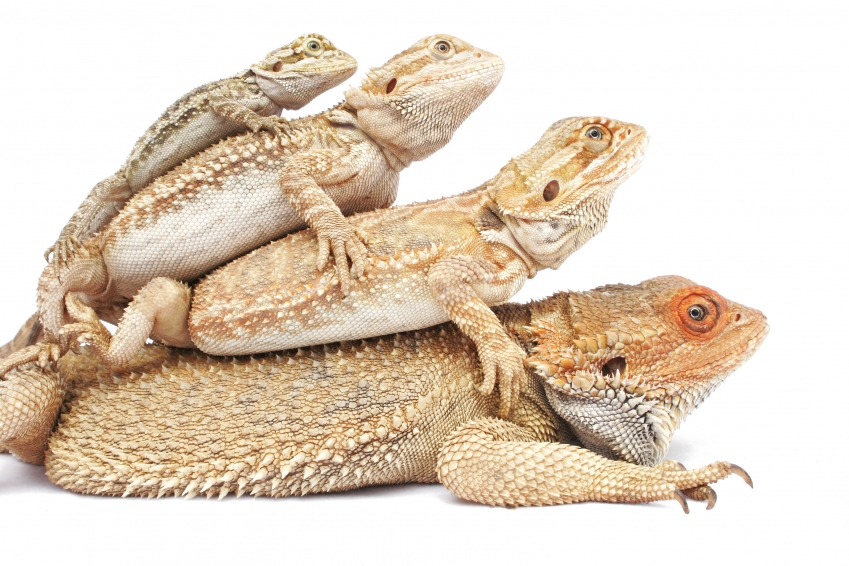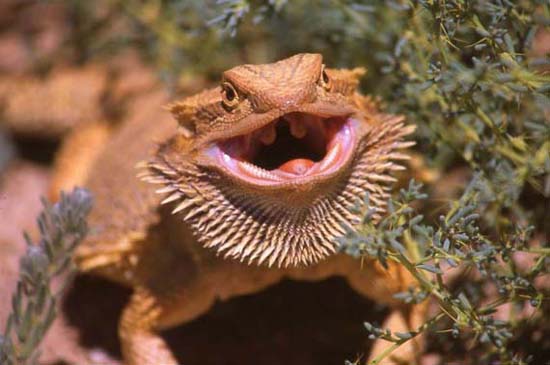Why Won't My Bearded Dragon Eat? A Comprehensive Guide for Beginners
Introduction
As a beginner in owning a bearded dragon, it can be alarming to see your beloved pet not eating. A bearded dragon not eating is a common issue that can be caused by various reasons. In this article, we will discuss why your bearded dragon won’t eat and what you can do about it.
Possible Reasons Why Your Bearded Dragon Won’t Eat
There are several factors that can contribute to your bearded dragon’s refusal to eat. Below are the most common reasons:
1. Environmental Factors
Bearded dragons are cold-blooded and need a specific environment to thrive. If the temperature in its enclosure is not within the recommended range, it can affect its appetite. Additionally, changes in the environment, such as a new enclosure or the introduction of a new pet, can also stress out your bearded dragon and make it less likely to eat. Ensure that your bearded dragon’s environment is stable and comfortable for it.

2. Health Problems
If your bearded dragon is not eating, it can be a sign of an underlying health issue. Impaction, parasites, and dental problems are common health problems that can cause a bearded dragon to refuse food. If you suspect that your bearded dragon is sick, take it to a reptile veterinarian immediately for a check-up.

3. Feeding Schedule
Feeding your bearded dragon on a consistent schedule is vital. If you feed your bearded dragon once a day and suddenly switch to feeding it twice a day, it can take a while for your pet to adjust to the new schedule. Likewise, overfeeding can make your bearded dragon uninterested in food. Ensure that you are feeding your pet on a proper schedule, depending on its age and appetite.

4. Diet
A bearded dragon’s diet mainly consists of insects and vegetables. A lack of variety in its diet can make your bearded dragon uninterested in food. Additionally, certain insects and vegetables may not be appealing to your pet. Experiment with different types of food and try varying the presentation of the food to make it more enticing.

What You Can Do if Your Bearded Dragon Won’t Eat
Here are some tips you can do to encourage your bearded dragon to eat:
1. Check the Environment
Ensure that your bearded dragon’s enclosure is at the right temperature and has the appropriate lighting. Make any necessary adjustments to improve its environment, such as adding more hides for it to feel secure.
2. Offer a Variety of Food
Experiment with different types of insects and vegetables to see what your bearded dragon likes. You can also try hand feeding or placing food in different areas of the enclosure to stimulate their natural foraging behavior.

3. Check for Health Problems
If you suspect that your bearded dragon is unwell, take it to a veterinarian that specializes in reptiles immediately. They can perform a check-up and determine if there is anything wrong with your pet.

4. Be Patient
Sometimes, bearded dragons can be moody and uninterested in food. Try not to stress out too much and continue to offer food to your pet. However, if your bearded dragon refuses to eat for an extended period, take it to the vet and have it checked.
Conclusion
A bearded dragon not eating can be a cause for concern, but it doesn’t necessarily mean that your pet is sick. Ensure that your bearded dragon is in a comfortable environment, offer a varied diet, and be mindful of your feeding schedule. If your pet still refuses to eat, take it to a veterinarian immediately. With patience and attention to detail, you can ensure that your bearded dragon stays healthy and happy.
